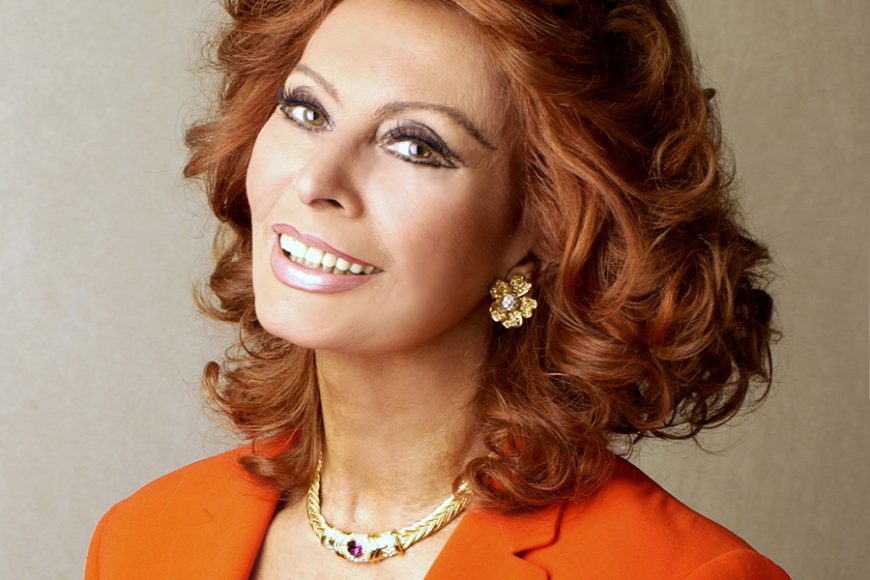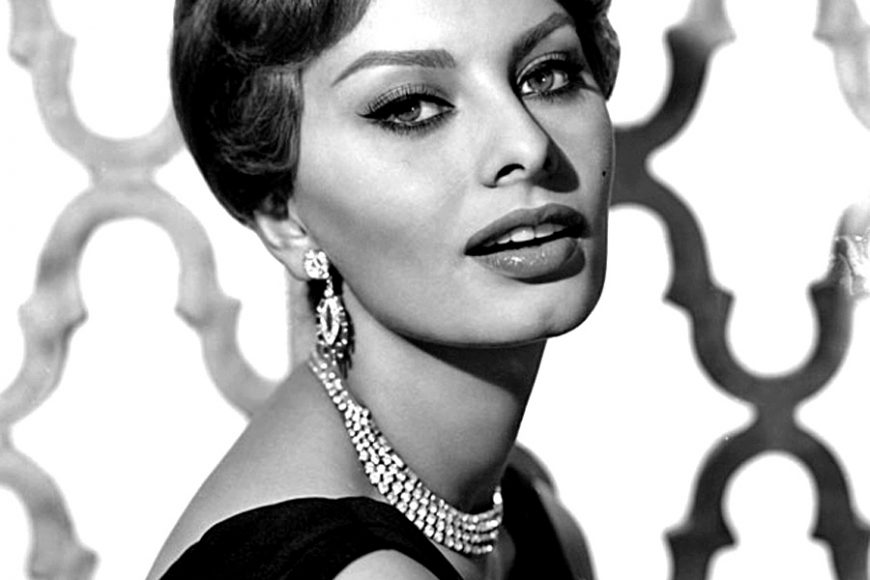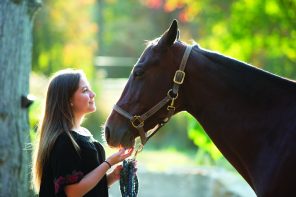A mark of a great actress — a great star — is to turn an amuse bouche into a fine repast, if not a feast; a tune into an aria.
In the 1958 romantic comedy “Houseboat,” Sophia Loren plays Cinzia, the daughter of an Arturo Toscanini-like conductor who longs to be more than a songbird in a gilded cage. So she runs away and soon meets up with another runaway — a little boy, “Roberto,” whom she promptly returns to his widowed father and older brother and sister. It’s not long before the inexperienced Cinzia is caring for the kids — and falling for their exasperated father — on the dilapidated houseboat of the title.
For “Houseboat,” Loren not only had to act with a trio of youngsters — something the acidic comedian W.C. Fields advised against, lest their adorability upstage you — but hold her own with Cary Grant, with whom she reportedly had a romantic relationship on the troubled shoot of “The Pride and the Passion” a year earlier. Still, Loren pulled it off, capturing the essence of a young woman, and an immigrant at that, who in standing up for herself discovers herself in the process.
Loren has been described as one of the last great stars of the Golden Age of Hollywood — the period that began with the birth of cinema in the late 19th century and ended with the death of the star-
producing studio system in the 1960s.
Writing in his “The New Biographical Dictionary of Film” (2002) the acerbic critic David Thomson hailed her as “one of the modern cinema’s great beauties, humorous, sympathetic and an especially good listener,” the last being an important quality in a profession that is as much about reacting as acting itself.
Besides Grant, Loren has acted with such leading men as Clark Gable, Marlon Brando, Charlton Heston, Marcello Mastroianni, Paul Newman, Gregory Peck and Frank Sinatra. She’s been directed by Vittorio de Sica, George Cukor and Charlie Chaplin, to name a few.
You’d need a museum alone for all the awards she’s received. Among them are two Oscars; five Golden Globes, including the Cecil B. DeMille for lifetime achievement; a Grammy; and a record six Donatellos (the Italian Oscar and perhaps more beautiful than the Oscar as it reproduces Donatello’s dishy David).
So it’s a sure bet that she had plenty to say when she took to the stage of Ridgefield Playhouse to recall the times of her life in conversation with film critic Steve Persall — one of only five such events she was slated to appear in across the country. In a recent email interview with Hartford Magazine’s Frank Rizzo, Loren talked about the magic of her 65-year career in films and a glamour, no longer part of Hollywood, that comes from being secure in who you are. It’s a security that the young Sofia Villani Scicolone had to find in herself and her family’s matriarchy. She was born in Rome the daughter of an engineer of noble ancestry, Riccardo Scicolone, who refused to marry her mother, Romilda Villani, a piano teacher and aspiring actress. Loren, her mother and younger sister, Maria, lived outside Naples in Pozzuoli with her maternal grandmother during World War II, moving to Naples itself after Loren was struck by shrapnel during an Allied bombing. After the war, her grandmother opened a pub frequented by GIs in which her mother played piano, her sister sang — and Loren waited tables and did dishes.
But a more glamorous life waited. After taking the Miss Italia crown at age 15 — the same pageant she would preside over in 2001 and 2010 — Sofia studied acting and began playing bit parts. Changing her name to Sophia Loren to broaden her appeal — at the suggestion of film producer Carlo Ponti, her future husband — she made the leap from Italian leading lady to international star with a series of movies for Paramount Pictures. Nonetheless, Thomson writes, Hollywood did not really do her justice:
“Statuesque and floridly handsome, she was a star from an earlier era needing the services of great cameramen, the imperious love of a (Josef von) Sternberg or the warming sympathy of (George) Cukor.” She had Cukor’s sympathy, he adds, in the 1960 western “Heller in Pink Tights,” in which he caught her “out-of-breath, exuberant tenderness.”
But Loren was very much her own woman, fighting to be cast against type that same year as a much older woman in de Sica’s “Two Women,” the story of a mother struggling to protect her 12-year-old daughter in war-torn Italy, particularly after they are gang-raped. The film won Loren a 1962 Oscar, a first for an actress in a foreign-language performance. She would receive an honorary Academy Award for her film contributions in 1991.
By that time, she had spread her wings to musicals (1975’s “Man of La Mancha,” with Peter O’Toole); autobiography (“Sophia Loren: Her Own Story”); a biopic in which she played both her mother and herself; an album of comedic songs with Peter Sellers; a 1984 book on “Women and Beauty”; and a cookbook of Italian favorites from her mother, grandmother and Mastroianni, among others. And while she has made fewer films from the 1970s on as she raised sons Carlo Ponti Jr. and Edoardo, she continues to be active in movies, perhaps most notably as Daniel Day-
Lewis’ mother in the 2009 film “Nine.”
Though she calls Geneva her primary residence, with additional homes in Rome and Naples, Loren remains a fan of all things Italian — from the Neapolitan soccer team S.S.C. Napoli to her beloved pasta, which she indulges in but not too much.
Her secret to enduring beautifully is the resilience of the great star, who does not move on as much as move forward. “Everything changes,” she told the Hartford Courant. “Enjoy it all.”






